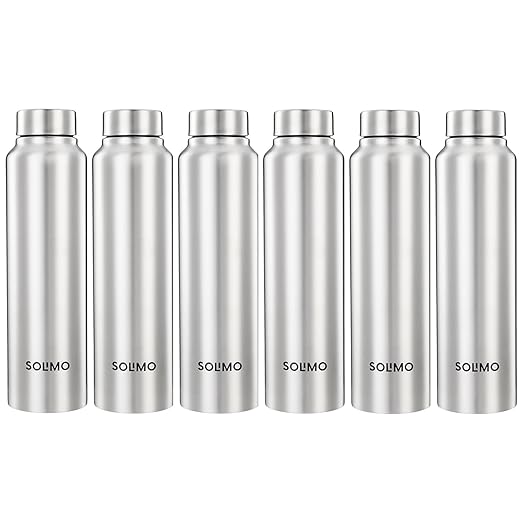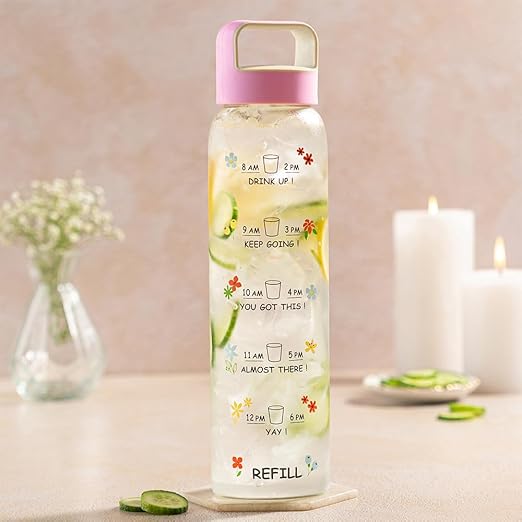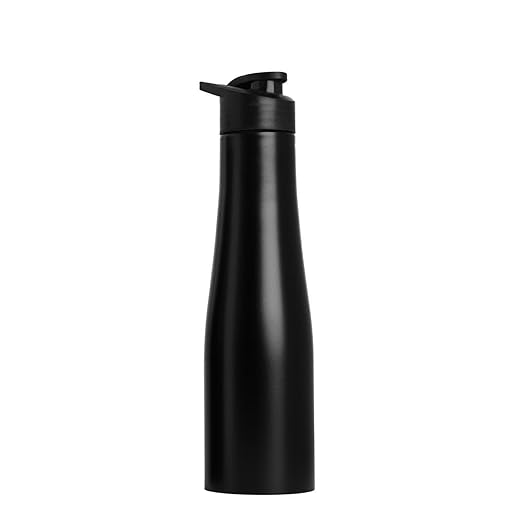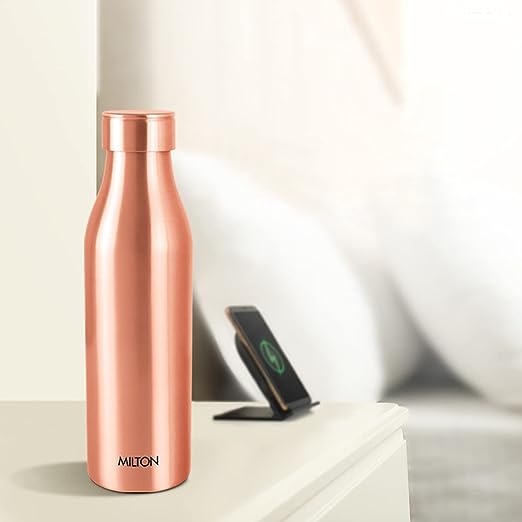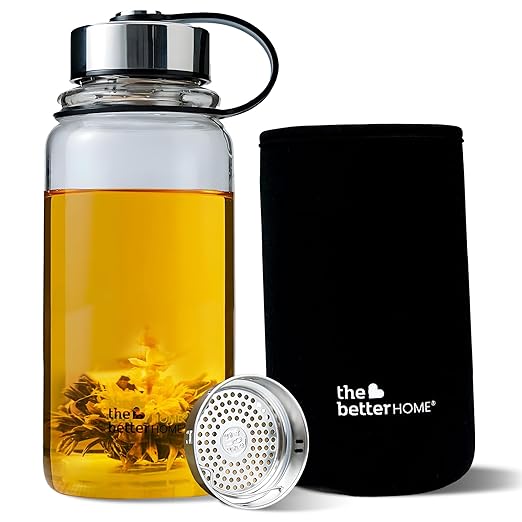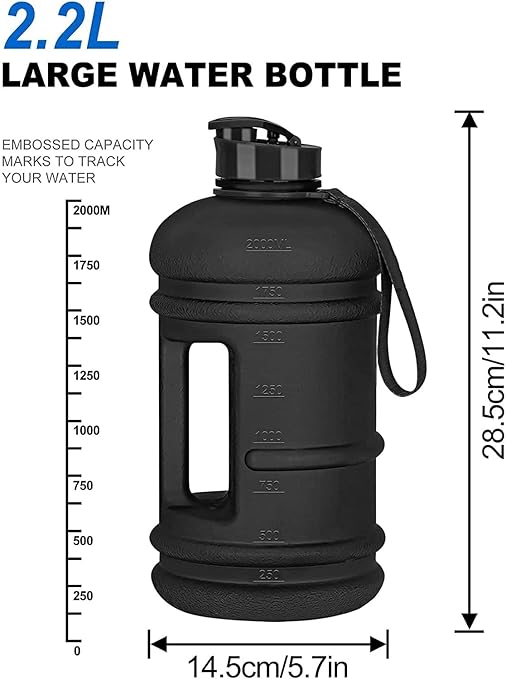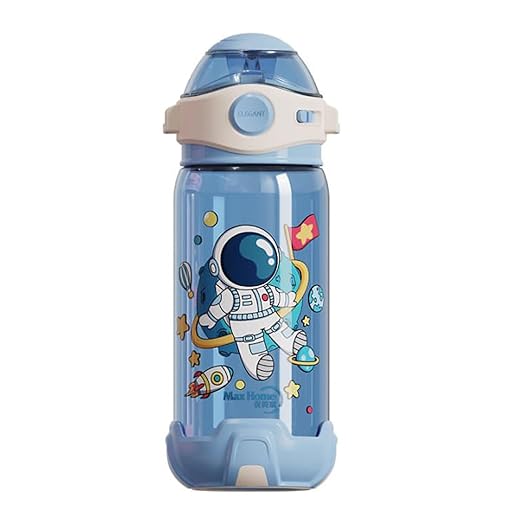Drinking enough of water is essential in the fast-paced world of today. Having a trustworthy water bottle is crucial, whether you’re doing errands, going to the gym, or heading to the office. Choosing the most ideal choice can be troublesome on the grounds that there are so many to browse. This guide will assist you in navigating the various features and options available for bottles so you can select the one that best suits your needs and way of life.
Table of Contents
Why a Quality Water Bottle Is Necessary:
Drinking enough water is essential for good health. Having a high-quality bottle guarantees that you will always have access to water. It not only makes you want to drink more, but it also lessens the damage that single-use plastic bottles do to the environment.
Reusable bottles are practical and environmentally beneficial because they are made of many materials, sizes, and patterns. You may lessen plastic waste and support environmental initiatives by carrying a bottle.
Resources to Take Into Account:
One of the first things to think about when selecting a bottle is the material. The material has an impact on weight, durability, and how well the bottle keeps your drink at the right temperature. The following are some of the most popular decisions:
Also Read: Kitchen Set

1. Bottles made of Stainless Steel:
Because stainless steel is so strong, it can maintain a beverage’s temperature for a long time. For those who require their drinks to stay at a consistent temperature all day, it is ideal. Moreover, stainless steel bottles have a long lifespan due to their resistance to rust and corrosion.
2. Bottles made of Plastic
Compared to other materials, plastic water bottles are typically less expensive and lightweight. Many are safe to use because they don’t contain BPA. But unlike other materials, plastic bottles don’t insulate beverages as effectively, so your drink might not remain cold for very long.
3. Bottles made of Glass
or people who like their water to taste pure, glass bottles are a great choice. Glass is 100% recyclable and does not retain flavors as plastic does. Glass bottles, however, might be more expensive and brittle than other materials.
4. Bottles made of Aluminum
Because they are lightweight and frequently include insulating qualities, aluminum bottles help you maintain the ideal temperature for your beverages. For individuals who want to stay away from chemicals, these bottles are also a perfect substitute for plastic.
5. Bottles made of Copper
Bottles made of copper are prized for their antibacterial qualities and possible health advantages, such as better digestion. They complement your daily hydration with style and are long-lasting and environmentally friendly. To keep them in good condition, regular cleaning is required.
Qualities to Consider in a Hydration Bottle:
It’s time to consider the characteristics that will improve your experience with a bottle after you’ve chosen the material.
1. Insulation
An insulated bottle can be a good option if you prefer your drinks to remain hot or cold. Double-wall vacuum insulation is a common way to keep liquids at the right temperature for extended periods of time.
2. Dimensions and Absorbance
There are several sizes of bottles, ranging from 12 ounces to more than 40 ounces. Consider how often you’ll be able to replenish your bottle and your daily hydration requirements.
3. Type of Lid
Various types of lids have distinct functions. While some bottles come with flip lids or straws for quicker access, others feature screw-top caps. Depending on your preferences and the intended use of the bottle, select one.
4. Mobility
Select an easily transportable bottle if you’re often on the run. Certain models feature integrated handles, loops, or straws, which facilitate their portability.
Also Read: Kitchen Furniture
Eco-Friendly Choices Water Bottle
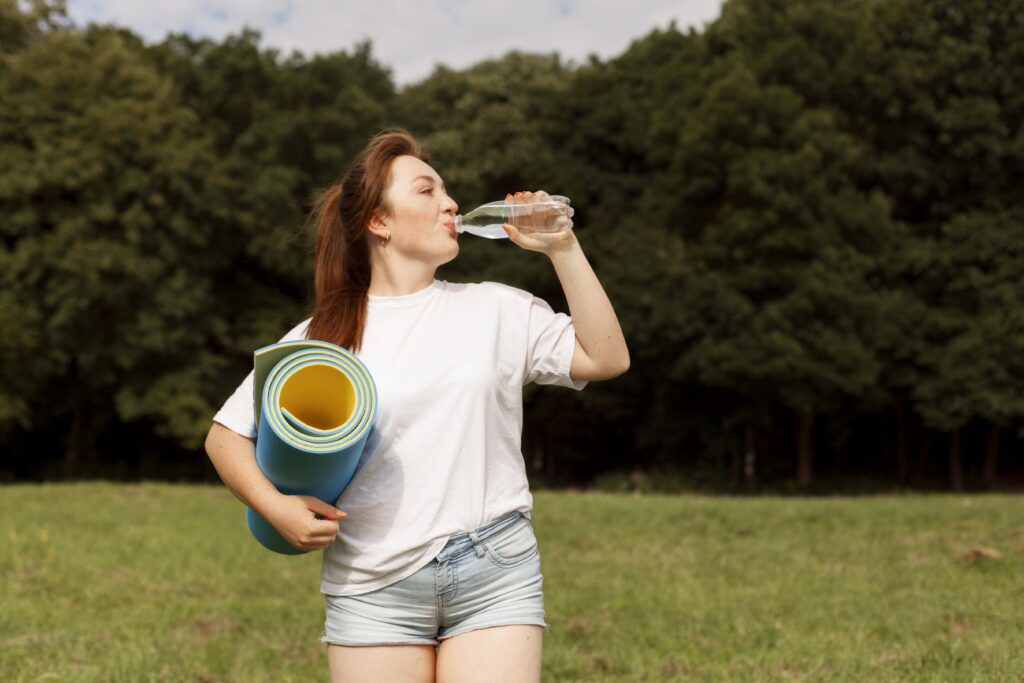
Choose environmentally friendly water bottles made of recyclable materials if you value sustainability. Glass, stainless steel, and BPA-free plastics are all great options. By doing away with the need for throwaway bottles, using a reusable water bottle not only lowers your carbon footprint but also saves you money over time.
Water Bottle - Upkeep and Sanitization:
It’s crucial to keep your water bottle clean to avoid the growth of bacteria. While some bottles can be cleaned in the dishwasher, others must be washed by hand. To ensure that your water bottle lasts longer, make sure you adhere to the cleaning guidelines provided by the manufacturer. Maintaining your bottle clean and odor-free will make for a pleasant sipping experience.
Recommendations for Water Bottle Depending on Lifestyle:
1. Concerning Sportsmen
Cold-holding, long-lasting bottles are essential for athletes. Seek for insulated stainless steel bottles with a handy lid for effortless opening and closing.
2. Regarding Office Personnel
A chic glass or aluminum water bottle is a terrific choice for using at your desk. These materials provide a tidy appearance and serve as a constant reminder to drink plenty of water.
3. For Those Who Love the Outdoors
Select a sturdy and portable water bottle if you enjoy trekking or camping. Long outdoor trips are best enjoyed with insulated bottles made of stainless steel or aluminum.
4. For Children
How to Pick Your Ideal Water Bottle:
In the end, the ideal water bottle is the one that best meets your individual requirements. Think about where you’ll use it, how frequently you’ll use it, and how much water you’ll need. Choose an insulated stainless steel water bottle if you want your beverages to stay cool for extended periods of time. Plastic can be the ideal material if you’d rather have something lighter and less expensive.
Also Read: Dining Table
FAQs:
1. Which Material Is Best for a Water Bottle?
What you need will determine the finest material. Glass has a clear flavor but is more delicate than stainless steel, which is insulated and long-lasting. Aluminum offers a good mix of weight and insulation, while BPA-free plastic is inexpensive and lightweight. Think about where you’ll use it, how frequently you’ll use it, and how much water you’ll need.
Choose an insulated stainless steel water bottle if you want your beverages to stay cool for extended periods of time. Plastic can be the ideal material if you’d rather have something lighter and less expensive.
2. Often Should I Clean My Water Bottle?
Every time you use a water bottle, it should be cleaned. Frequent cleaning extends the life of the bottle, keeps bacteria from growing, and preserves the fresh taste of your water.
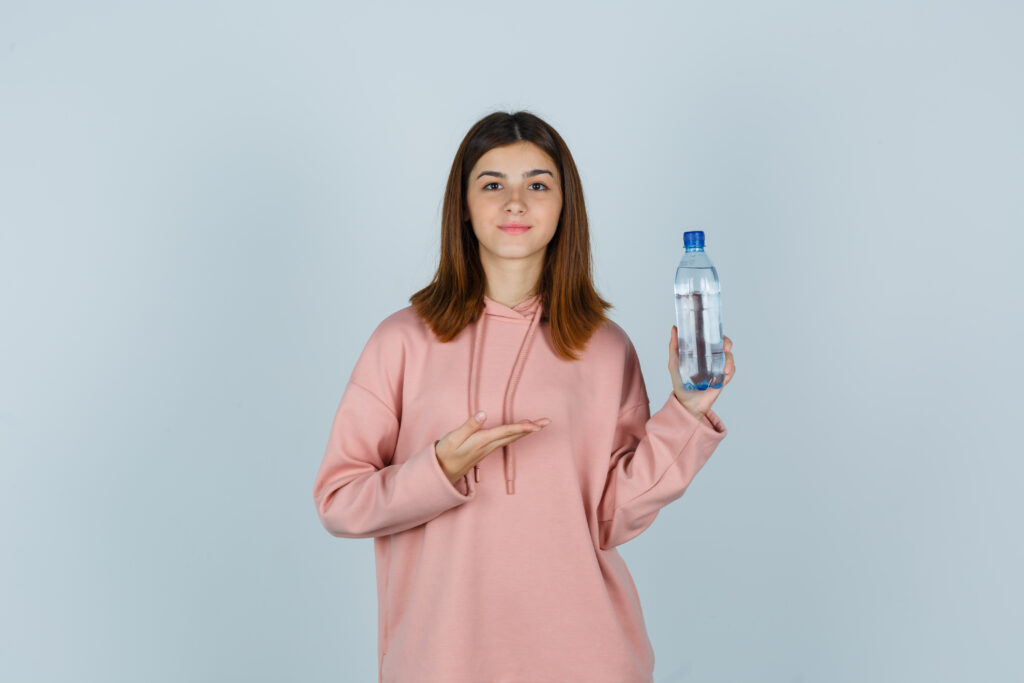
3. Plastic water bottles: Is it safe to use them?
It is okay to use plastic bottles without BPA. They are lightweight and made without any dangerous chemicals, which makes them perfect for meeting everyday water needs.
4. Can You Keep Cold Drinks in a Water Bottle?
Drinks kept in insulated water bottles, particularly those composed of aluminum or stainless steel, can stay cold for up to many hours. Vacuum insulation with double walls is a good method of temperature control.
5. Which Size Water Bottle Should I Get?
Based on how much water you drink each day and how frequently you can refill it, choose a size. A bottle with a greater capacity would be preferable if you’re constantly on the road. In the workplace, a more compact and elegant bottle can be more practical.
In Summary:
A water bottle is a tool that helps you achieve your sustainability and health objectives, not merely a place to put liquids. You may decrease plastic waste, enhance your hydration habits, and sip your drinks in style by selecting the appropriate water bottle. There is the ideal water bottle out there for you, made of aluminum, glass, plastic, or stainless steel.
Also Read: Cutlery Set


